Your ancestor’s occupation can be one of the most fascinating finds in your genealogy research. After all, it’s that little word that gives you a real glimpse into who he or she was as a person and how they spent their time. To get you started, check out this article: Understanding Occupations in German Research by FamilySearch.
But what if you can’t find out what that German word means?
That’s where specific websites come in incredibly handy. Below, find the top websites I use in my transcription process to help me figure out what an old-fashioned occupation means today.
Some of these lists are German to English, but more are old-fashioned German to modern German, which, in my opinion, makes them a bit more comprehensive than the German to English sites – I’ve found many a word on the German sites that does not appear on the English sites. To get the translation of the word, simply copy and paste the modern German definition into Deepl.com or another German-English online dictionary, and it will give you a good idea of what the phrase means!
Please note: The word for occupation in German is “Beruf”. “Berufsbezeichnung” simply means “job title”. For more information on occupations, see What Did You Do For a Living, Ancestor?: Common Occupations in German Genealogy.
1. Familienstammbaum.de
Link: http://www.der-familienstammbaum.de/ahnenforschung/alte-berufe-a
Description: An alphabetical list of old-fashioned occupations, with their modern definition in German. Old Latin words for occupations are also included in this list. Use deepl.com or dict.leo.org to translate the modern German to English.
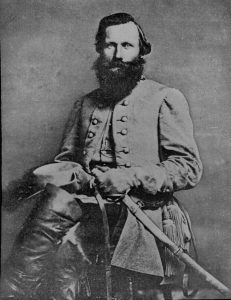
2. German Occupation Definitions
Link: https://www.jewishgen.org/infofiles/germanoccs.htm
Description: Thorough alphabetical German-English list of common occupations
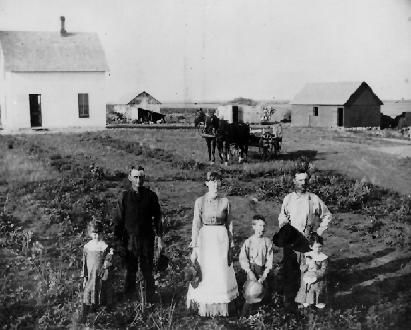
3. RootsWeb Old German Professions
Link: https://sites.rootsweb.com/~romban/misc/germanjobs.html
Description: The background of this page makes it difficult to read, but if your eyes can adjust, it’s a good list!
4. Alte Berufsbezeichnungen aus Kirchenbüchern
Link: http://baseportal.de/cgi-bin/baseportal.pl?htx=/JGorsler/Berufs/Beruf&localparams=1&range=270,30
Description: Alphabetic list of occupation words you will find in church books.
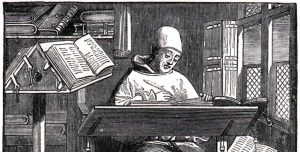
5. Lessner Ahnenforschung Alte Berufsbezeichnungen
Description: Alphabetic list of occupations in PDF form – 29 pages long!
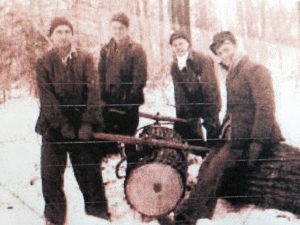
6. Alte Berufsbezeichnungen – Lateinisch und Altdeutsch
Link: http://www.bielski.de/html/berufe.html#buch_P
Description: Alphabetical list of old-fashioned occupations for both Latin and German.
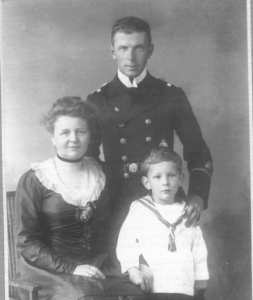
7. Daniel Steiger Alte Berufsbezeichnungen
Link: http://www.daniel-stieger.ch/berufe.htm#n
Description: Alphabetic list of old-fashioned occupations.
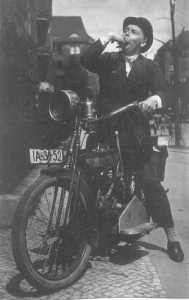
8. Wiener Berufe Lexikon
Description: For those of you doing research in Austria, this is a great list of Austrian (Viennese-specific) occupations you may find in older documents.
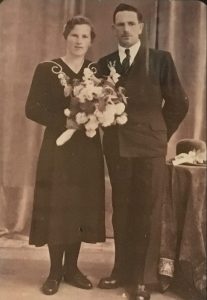
9. IDGenWeb German Occupation List
Link: https://idaho.idgenweb.org/Genealogy/german_occupations.htm
Description: Good list of German occupations, German to English
Have any more helpful occupation websites? Let us know in the comments! And if you don’t have Ernest Thode’s German to English Genealogical Dictionary, that is also a must-have! Available on Amazon!

7 Responses
Katherine, thank you so much for these websites. My Brod ancestors were schiffer’s along the Main River in Marktheidenfeld, Germany. They were schiffer’s from the early 1600’s. Various translation websites indicate a shiffer was a shipman, skipper, leader of a ship, or a captain. What was so exciting about the Genwiki site was that there was a picture of an old engraving of a schiffer. I imagine that in reality a schiffer hauled goods up and down the river.
So glad to hear they were helpful, Donna! How cool to see an actual picture!
Familienberuf fuer Beisser, Beysser, Beiser und/oder Beusser/BeuSzer ist seit etwa 1600 bei Calw im Koenigreich Wuertemberg Schlachter oder Metzger gewesen.
Das änderte sich mit der Ankunft meiner Familie um 1876 in Amerika.
Thank you for the list.
We discovered my husband’s biological grandfather trained and bred thoroughbreds and owned a horse racing team in SW Germany.
Thanks for these! I have an ancestor who fought in Ansach-Bayreuth company for the British, in the American Revolution. In locating records about his family, I’m coming across a lot of military units, titles, or occupations that I know nothing about.
The one I haven’t found a definition for yet (even on these lists) is “Gardereiter.” It was the occupation of a sponsor at a family baptism in 1776. The closest I came is “Gardesoldat” defined as Wachsoldat – like a watch guard, I presume. When I Googled Gardereiter, there were a lot of mentions of a Sachsen Gardereiter military unit, but this particular family lived in Bavaria. Could this be a general term for a cavalry unit, on horse? Just curious!
A Great list of links that I didn’t know. Lol. Thanks, Katherine!!
One of my great-great grandfathers was a Gärtner (gardener). The family story is that he worked in the Kaiser’s garden in Berlin before immigrating and working on estates in suburban Detroit. I haven’t been able to find proof of the German part of the story, but green thumbs definitely run in that line of the family!